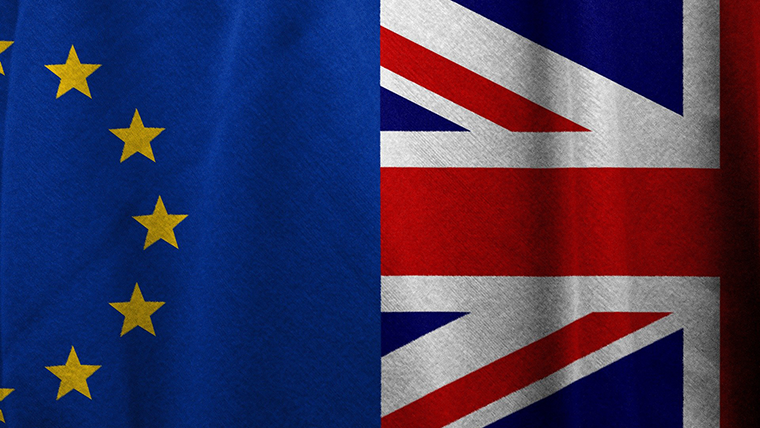
| 

After over three years of political wrangling and discussion, the UK finally left the European Union on 31st January 2020. We’re now in a transition period which is due to last until the end of the year, giving the government and the EU the opportunity to thrash out a trade deal. The aspect of Brexit which affects most of us are the travel restrictions, and there is a lot of misinformation about passports, Visas and other travel requirements, whether you’re popping over to France for the weekend, or planning a much longer overseas trip.
Do I Need a New Passport?
If your passport is currently valid, then there is no need to rush out and apply for a new one just because of Brexit. The current agreement is that nothing will change during the transition period. Your burgundy passport is still valid. After the end of 2020, the situation is less clear. The most likely scenario is that the UK will at that point stop issuing the burgundy passports with “European Union” written on them, and then start issuing old-style navy-blue passports without the EU wording. But that still doesn’t mean that everyone will be asked to send back their old passport to get a new one; the sheer number of applications would overwhelm the system.
Using Passport for Identity Checking
Your passport is perhaps the key identity document used to verify your identity in a whole range of situations from right to work checks for a new job, to opening a new bank account. Passports are still going to be equally important in the future, and British institutions will be ask just as happy to accept a valid passport for identification as they were a year ago. If you’re a holder of a EU passport from another country then nothing will change until the end of the 2020 transition. The arrangements for next year are still to be decided. However, what is certain is that EU citizens will lose their right to live and work in the UK at that point. Different rules apply to those from the Republic of Ireland.
6 Month Validity
For longhaul trips, it’s standard for tour operators and immigration departments to ask for at least 6 months left on your passport before you travel. This is mostly because of Visa conditions, and to avoid the situation where someone’s passport runs out before the end of their stay, making it more tempting to stay on illegally. At present, travellers to the EU still just need a passport which is valid for the duration of their stay. Getting a new passport is expensive, so don’t rush out to buy a new one before it’s necessary.
Will we need a Visa for Europe?
At the moment, you don’t need to apply for a visa to travel to Europe. The visa requirements for all other countries remain unchanged. The latest information from the government is that after the end of 2020, visas will not be required for visits of less than 90 days. Students or people staying for longer may need to apply for a visa.


